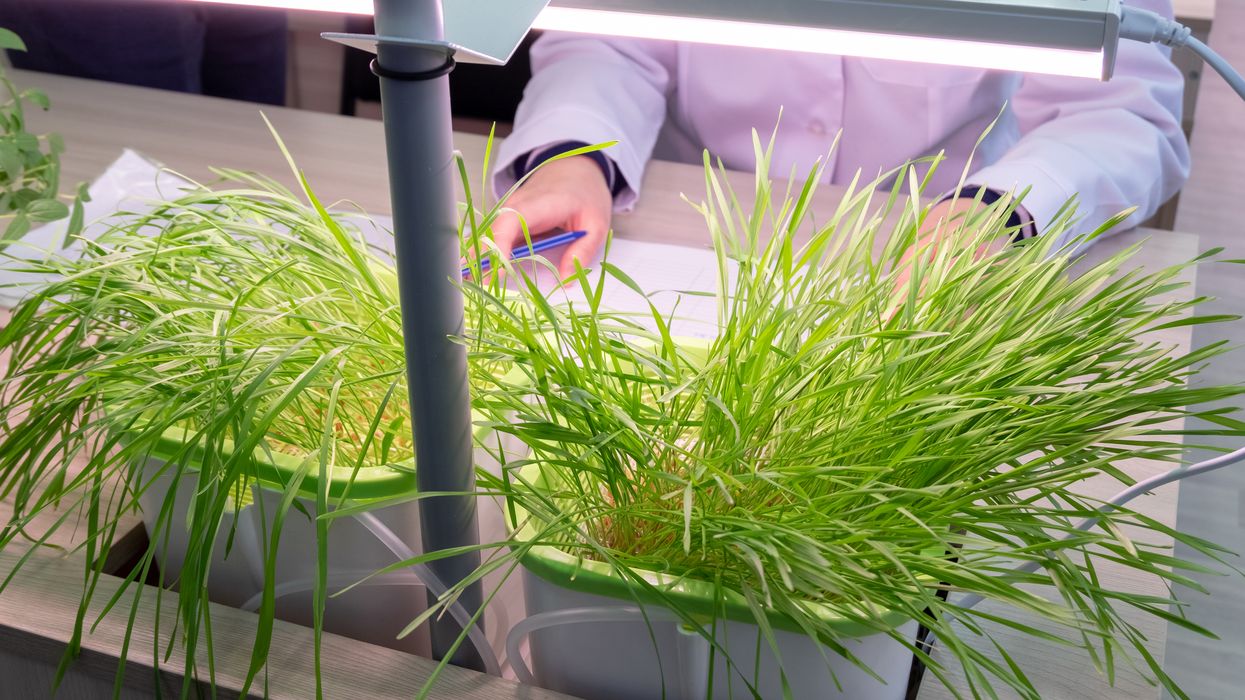A Quebec Company Found A Possible COVID-19 Treatment That Uses Plants To Make Antibodies
A cocktail of monoclonal antibodies produced in plants has shown promising potential to fight COVID-19 variant strains, new research by a French-Canadian pharmaceutical company has shown.
Angany, which is based in Quebec City but owns a research and development laboratory in France, says it has found both a curative and preventative treatment for COVID-19 — however, it still has to undergo human clinical trials.
Editor's Choice: This Is What Montreal Gyms Have To Say About Reopening
What are monoclonal antibodies?
We spoke to Dr. Guy Tropper, senior vice president of Angany, to find out how the COVID-19 treatment would work.
The experimental treatment uses monoclonal antibodies, which are "man-made antibodies," created by cloning cells.
If you've never heard of antibodies, they are the proteins in our bodies that help our immune system fight off "foreign invaders," such as viruses.
Angany uses plants to produce these antibodies.
"We take over the biology of individual plant cells, and we tell them, stop doing what you're doing, just produce the very protein or very antibody that we want you to produce," Tropper said.
"And basically, that's what it does. Within five days, we have a batch of product."
How does this compare to other vaccines?
According to Tropper, monoclonal antibodies can be developed faster than vaccines in order to fight the emergence of new COVID-19 variant strains.
"As opposed to vaccines, where we inject you with something that will have you produce your own antibodies, in this case, we give you the antibodies, and we give you excellent antibodies," Tropper told MTL Blog.
"With the variants [...] it was expected that they would show up, and we have to expect that more will show up, [with] the viruses mutating to try to survive or otherwise evade defences."
Who can use the treatment?
Tropper said the antibody treatment would be ideal for those who are sick with the virus, or those who have been diagnosed and have other health complications.
It could also help to prevent the disease in front-line healthcare workers and people who object to vaccines.
Monoclonal antibodies are used for a number of other autoimmune conditions and are used to treat migraines, Tropper said.
What's next for the treatment?
Tropper said the treatment has been tested on animal models, mainly non-human primates, but Angany is waiting to receive funding for human medical trials.
It has submitted a proposal to the Quebec government in the hopes of receiving funding.
"When we receive determined support from public deciders, then we'll be able to move very quickly on that," he said.
This article's cover photo was used for illustrative purposes only.

